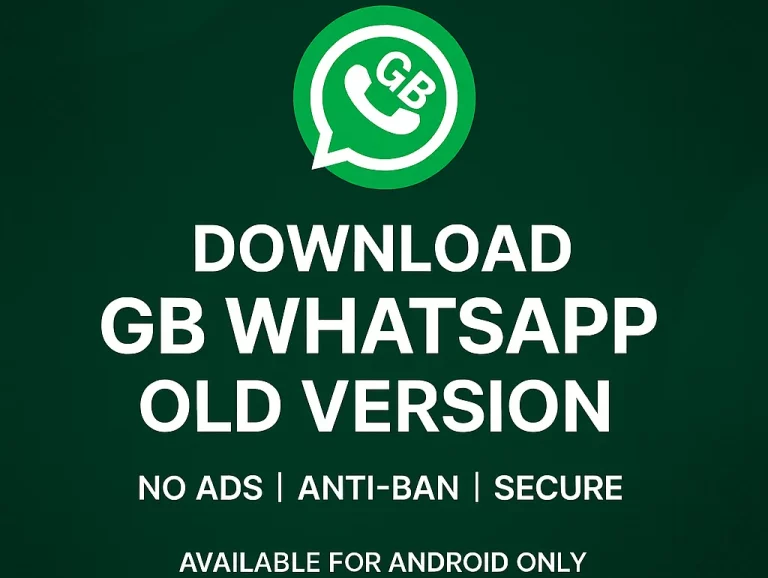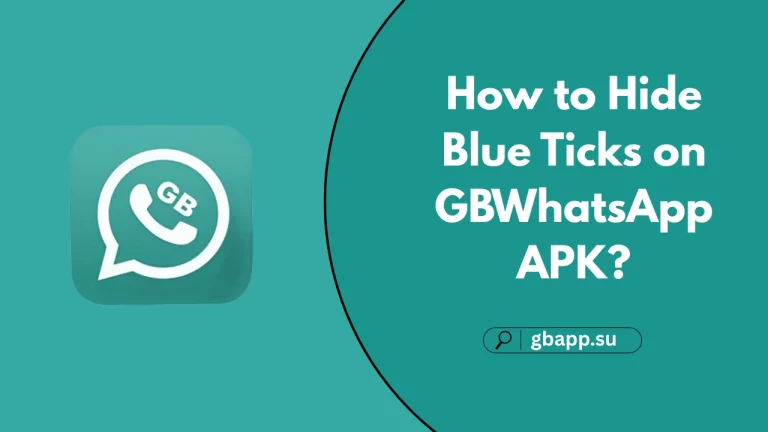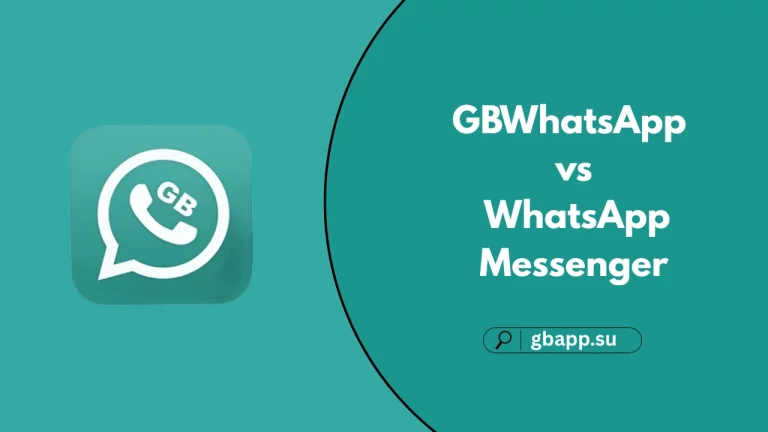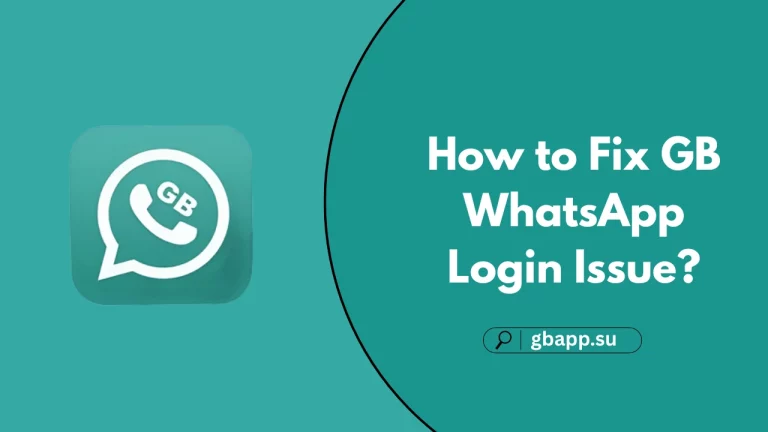WhatsApp vs Telegram – a Detailed Comparison
WhatsApp is owned by Meta, and it shares the user’s data with the platform for advertising, meanwhile, Telegram guarantees data privacy, as they don’t share the data with any third party.
In the digital era, messaging apps are significant tools for safe and private communication. Such applications provide a huge number of useful features to cater to diverse needs. However, WhatsApp and Telegram are top names for this purpose.
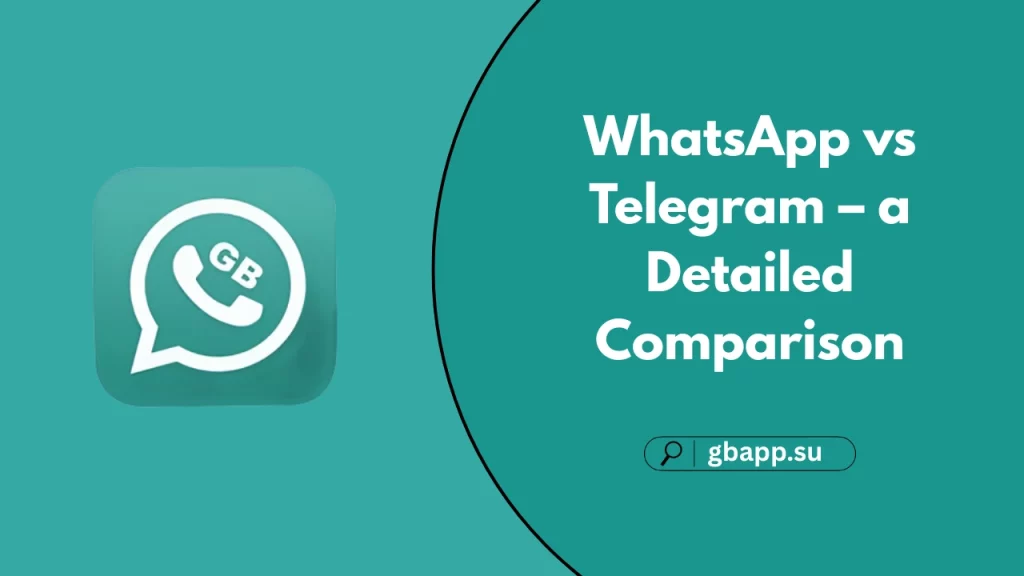
WhatsApp: This Meta-owned messaging app is easy to use, offering simple designs and end-to-end encrypted security. It is a globally known and trusted platform for text messages, voice, and video calls, which makes it exceptional for personal and business use.
Telegram: Telegram is another well-known messaging app for its customization and privacy features, founded by Pavel Durov. It delivers features of self-destructing messages and a strong API for developers to create third-party apps and bots. The app gained huge popularity among its alternatives as it aims to focus on user security.
WhatsApp was founded by Jan Koum and Brian Acton in 2009. The app was initiated as a simple and speedy messaging app. It gained global recognition quickly. However, Facebook acquired WhatsApp for $19 billion in 2014.
In 2016, the app introduced an end-to-end encryption function to enhance security and launched voice and video call facilities over time. These additional features optimize the communication and bring an ultimate texting experience.
Facebook launched WhatsApp Business in 2018 to target small businesses that want to promote their products and services through auto-replies and business profiles. Recently, the app introduced group video calls and disappearing messages features in 2020.
Telegram was founded by Pavel and Nikolai Durov in 2023. The app was designed to merge message speed and enhanced security features of WhatsApp. It mainly focused on user privacy by offering end-to-end encryption and secret chats. This helped it to gain global popularity in a short time.
In 2015, the app introduced Bots API and Channels, voice calls in 2017, and video calls in 2020. Over time, Telegram launched large group sizes, comprehensive file-sharing options, and custom themes. All these core functionalities attracted millions of people across the world.
WhatsApp is downloaded by a billion users, and it has 2 billion active users each month. The app is widely popular across many regions, such as Europe, Brazil, and others, for its end-to-end encryption, intuitive interface, regular updates, and integration with the Meta ecosystem.
On the other hand, Telegram has 900 million-plus active users per month. People prefer Telegram for its customizations, enhanced privacy, large group chats, large file sharing options, and a variety of bots for many purposes. Telegram is a top choice in regions where privacy threats are paramount.
Lets compare both platforms briefly:
| Features | Telegram | |
| Voice Call | Yes | Yes |
| Video Call | Yes | Yes |
| End-to-End Encryption | Yes | Optional |
| Group Chats | Up to 256 Members | Up to 200,000 Members |
| Channels | Yes | Yes |
| File Sharing | Up to 100 MBs | Up to 2 GB |
| Bots | No | Yes |
| Voice Messages | Yes | Yes |
| Business Features | WhatsApp Business | Limited |
| Inter-device Availability | Android, iOS, Web, macOS, Windows | Android, iOS, Windows, Web, macOS, Linux |
| Theme Customization | No | Yes |
| Disappearing Messaging | Yes | Yes |
| Public Groups | No | Yes |
| Animated Stickers | Yes | Yes |
| Location Sharing | Yes | Yes |
| Paid | Optional | Optional |
This channel function of both platforms has a similar purpose but has unique features and usages.
The WhatsApp Channels feature was introduced in 2023, designed to broadcast messages to a large audience, especially for businesses, organizations, and public figures to share announcements. These channels ensure users’ privacy as they hide the subscribers’ phone numbers and identities from other members. Admin can engage metrics but cannot access user information.
However, this Channel functionality is limited, as only admins can send messages, share media files, text, images, and videos.
On the other hand, Telegram Channels were introduced in 2015 with some advanced and flexible features. Telegram allows both private and public channels. However, public channels are open, searchable, and accessible, whilst private channels require invitation. Admin grants permissions to many users for a collaborative environment. The app supports rich media such as message scheduler, polls, quizzes, and detailed analytics.
Moreover, Telegram channels feature huge cloud storage to access past media and messages at any time. These channels have an unlimited number of subscribers to offering significant advantages for large-scale broadcasting.
WhatsApp and Telegram have distinct monetization approaches.
- Data Sharing: Data sharing is a core business model, as the app shares data with the Meta company for advertising and other purposes.
- Business API: This business API helps companies to interact with their consumers. Companies support their customers and send notifications.
- Payment Services: The payment system is available in some regions only. So users of selective regions can send and receive money.
- Ads: WhatsApp is planning to integrate advertisements into the app. This feature can be initiated with the status feature.
- Data Privacy: The app prioritizes data privacy and claims it doesn’t share the data with any third party.
- Ads: The app displays ads in public groups and channels, but not in private ones.
- Subscription Model: The app offers premium services, such as Telegram Premium, to offer an ad-free experience.
- Payment Service: Telegram Payment lets users send and receive money.
Both platforms aim to prioritize data safety and security in different aspects.
WhatsApp is E2EE. It means its end-to-end encryption ensures the message is encrypted to provide strong privacy. But now, Meta can decrypt the messages when some security agencies request to do so. The messages stored in cloud backup and devices are not end-to-end encrypted.
Meanwhile, Telegram offers an optional E2EE feature such as Secret Chats. But messages stored in its servers are not encrypted.
| Pros | Cons |
| Status UpdateBackup FunctionIntuitiveEnd-to-end EncryptionMedia SharingVast Adoption | Limited CustomizationsGroup size limitLimited inter-device Support |
| Pros | Cons |
| Large group supportsCustomizationsAPI and BotsSecret ChatsLarge file sharingChannelsCloud-driven | Privacy risksComplex interface |
Final Words
Both apps have evolved since their launch by adding more features to cater to user demands, a convenient and ultimate chatting experience. WhatsApp offers enhanced privacy, incredible features, and an interface, make it a versatile and preferred choice. However, it’s users’ personal choice to select a platform that suits them.
About the Author

Abhi Dave
Abhi Dave is a messenger apps expert like GB WhatsApp and has a deep interest in tech. To enhance the communication experience of its users, he brings out Insights, guides, Updates, and tips to get more out of their daily messaging.

